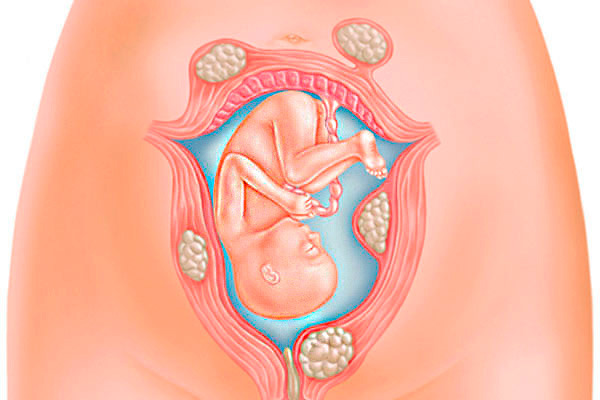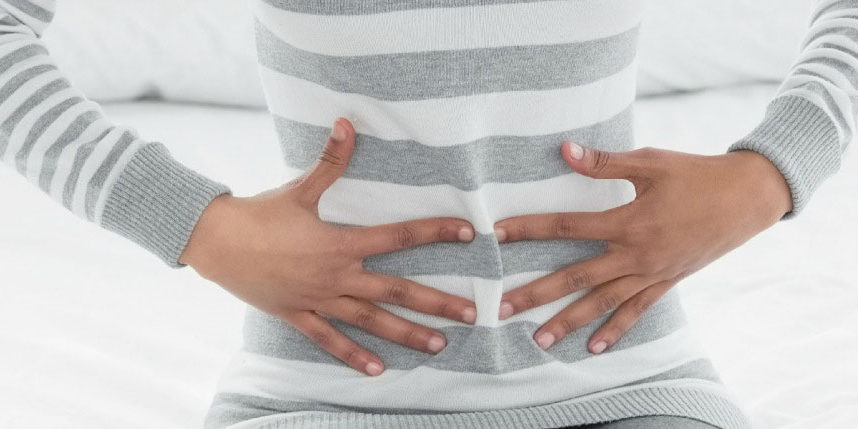One of the biggest concerns regarding fibroids is the concern about being able to get pregnant. Fibroids mostly occur in women of childbearing age and naturally a large number of women in this age group would like to be able to conceive and have children. The good news is that not every woman who has fibroids will have trouble conceiving. However some types of fibroids are more likely to cause problems with fertility than others.
Fibroids that grow just under the inner lining of your uterus (endometrium) are called submucosal fibroids.
These are the most likely type to affect a woman’s chances of conceiving and are also sometimes associated with recurrent miscarriages.
Because of their growth in the inner womb cavity, submucosal fibroids may reduce fertility by as much as 70%.

Fibroids can reduce your fertility in these ways:
- Fibroids that change the shape of your cervix can affect the number of sperm able to enter the uterus.
- Fibroids that block the Fallopian tubes can make the journey of a fertilized egg to implantation difficult or impossible.
- Fibroids which change the shape of your uterus may decrease the number of places an embryo can successfully implant or reduce uterine space needed for embryo development.
- Fibroids that weaken the lining of the uterine cavity or decrease the blood supply to a growing embryo can cause miscarriage.
However submucosal fibroids are not the most common type of fibroids encountered in women therefore fibroids do not always lead to problems with fertility.
Many women with fibroids will have no problems getting pregnant and carrying their babies to term. Women who are already pregnant with fibroids may need to be monitored closely by an OB/GYN. Sometimes, as the baby grows, the fibroids also grow. This can create issues for pregnancy and delivery. Some may have problems like increased pain as a result of hormonal changes during pregnancy but they still have healthy pregnancy and delivery.
It’s important that pre-natal care includes a sharp medical eye on existing fibroids and their development.
In women who have fibroids and have experienced multiple miscarriages or are unable to conceive, then it may be necessary to investigate further and possibly explore the option of removing the fibroids. This is usually done surgically.
Unfortunately, fibroids can recur even after surgical removal therefore women are advised to attempt to get pregnant immediately after getting their fibroids removed.






